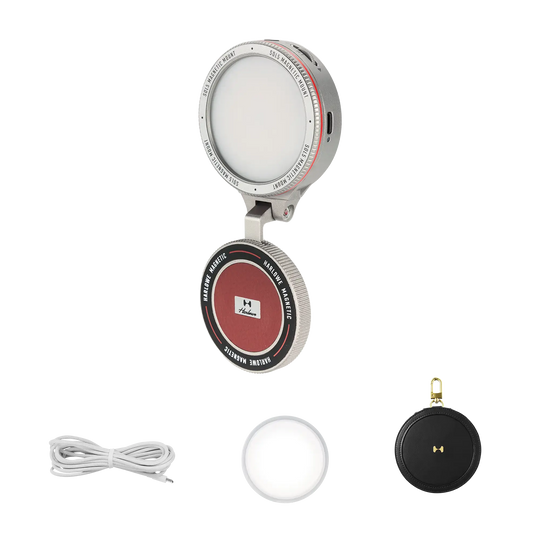Unlock the Secrets of Perfect Lighting for Stunning Content Creation!
Lighting is one of the most critical aspects of content creation that can make or break the quality of your visual media. Whether you are a budding YouTuber, a passionate photographer, or a professional videographer, understanding how to manipulate light can significantly enhance your work. The right lighting for content creators can set the mood, highlight details, and add depth to your content, making it more engaging for your audience. In this article, we will explore different types of lighting, share essential techniques, and provide tips on selecting the right equipment to help you elevate your content creation game.

Understanding Different Types of Lighting
When it comes to content creation, there are primarily three types of lighting: natural light, ambient light, and artificial light. Natural light is derived from the sun and is often considered the best option due to its softness and authenticity. It's perfect for outdoor shoots or shooting near windows where sunlight pours in. On the other hand, ambient light is the general illumination in a space, which can come from ceiling lights or lamps. It creates a comfortable atmosphere but can lack the focus needed for high-quality visuals. Lastly, artificial light includes any lighting equipment that you bring into a space, such as LED panels or softboxes. This type of lighting is highly controllable, allowing creators to adjust brightness and color temperature to fit their needs. Each type has its own characteristics and benefits, making it essential to understand how they can be effectively utilized.
Key Lighting Techniques for Creators
Mastering lighting techniques can significantly enhance your visual storytelling. One essential technique is three-point lighting, which involves using a key light, fill light, and backlight to create depth and dimension. The key light is the primary source and should be the brightest, while the fill light softens shadows created by the key light, and the backlight adds separation from the background. Another technique is soft lighting, which minimizes harsh shadows and creates a gentle glow, ideal for portrait photography and interviews. Conversely, hard lighting produces sharp shadows and high contrast, making it suitable for dramatic effects. Understanding these techniques will allow content creators to manipulate light to evoke emotions and tell stories more effectively.
Selecting the Right Lighting Equipment
Choosing the right lighting equipment can seem overwhelming, but it doesn't have to be. Start by assessing your specific needs: are you filming indoors or outdoors? What is your budget? Consider factors like brightness, color temperature, and portability. Brightness is crucial; more lumens mean brighter lights, which is essential for well-lit scenes. Color temperature affects the mood—warmer tones create a cozy feel, while cooler tones can provide a more clinical vibe. Additionally, portability is vital for creators on the go. Lightweight options can be easily transported and set up in various locations. Take the time to research and invest in equipment that aligns with your vision and working style.
Practical Tips for Setting Up Lighting
Setting up your lighting effectively is just as important as choosing the right equipment. Start by positioning your lights at angles that highlight your subject. Using reflectors can help bounce light onto your subject, softening shadows and providing a more balanced look. Be cautious of shadows; controlling them can make or break your shot. Common mistakes include placing lights too close to the subject, leading to overexposure, or neglecting to account for the background, which can result in unflattering shadows. Experimenting with different setups can help you discover what works best for your style and environment.
Elevate Your Content Creation with Effective Lighting
In summary, understanding the various types of lighting and their techniques is vital for content creators aiming to produce captivating visual media. The right lighting not only enhances the aesthetic quality of your content but also contributes to storytelling and audience engagement. By applying the tips shared in this article, you can experiment with different setups to find what best fits your unique style. Remember, great lighting is the foundation of stunning content creation, so don't hesitate to explore and innovate!








